
How to Get Videography Clients and Keep Them Coming Back
Getting paid for what you love should feel exciting. Yet for many videographers, the hardest

Getting paid for what you love should feel exciting. Yet for many videographers, the hardest

Did you know there are more than 43,000 freelance videographers in the United States? That’s
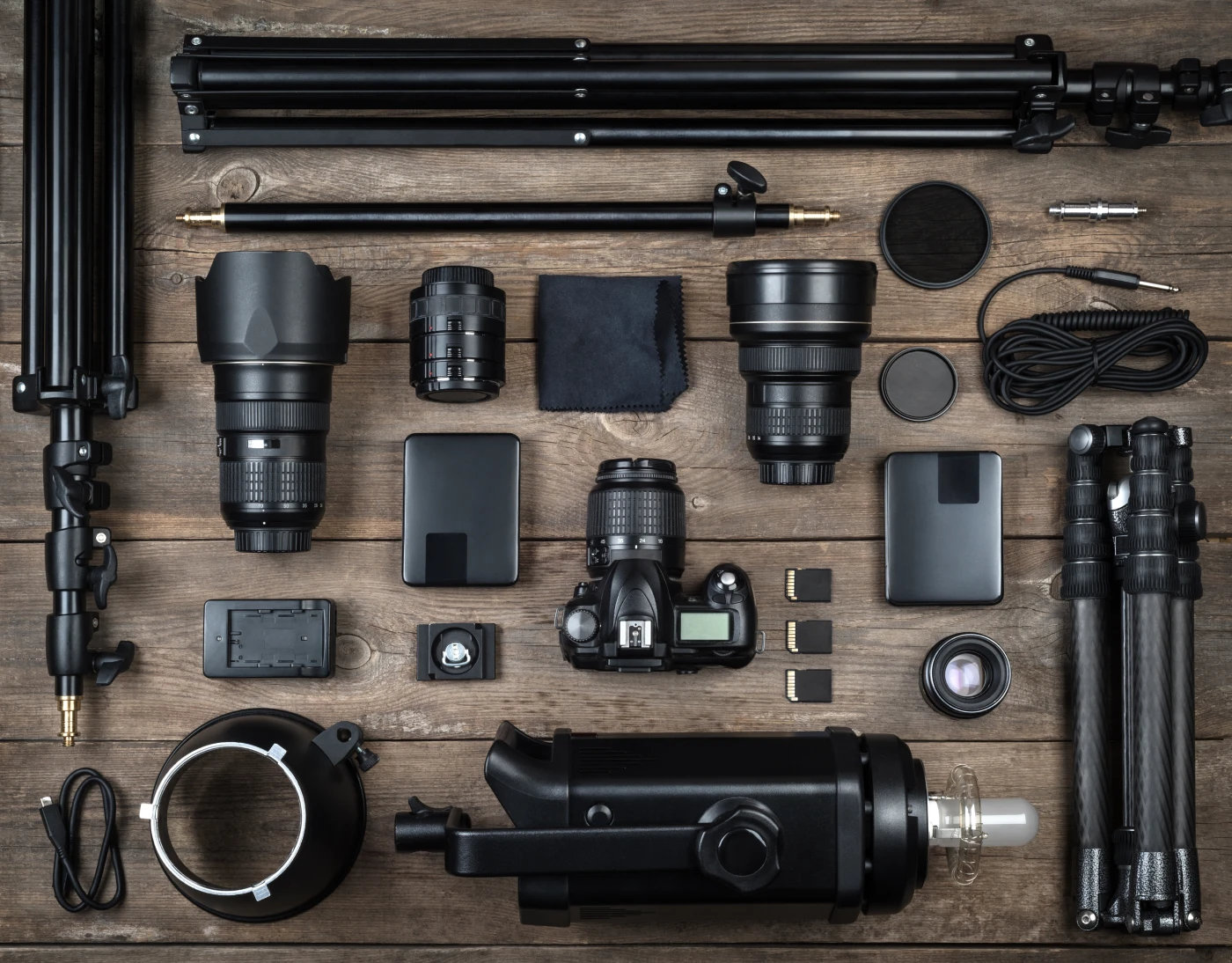
With so many cameras, lenses, and accessories on the market, it’s tough to know where
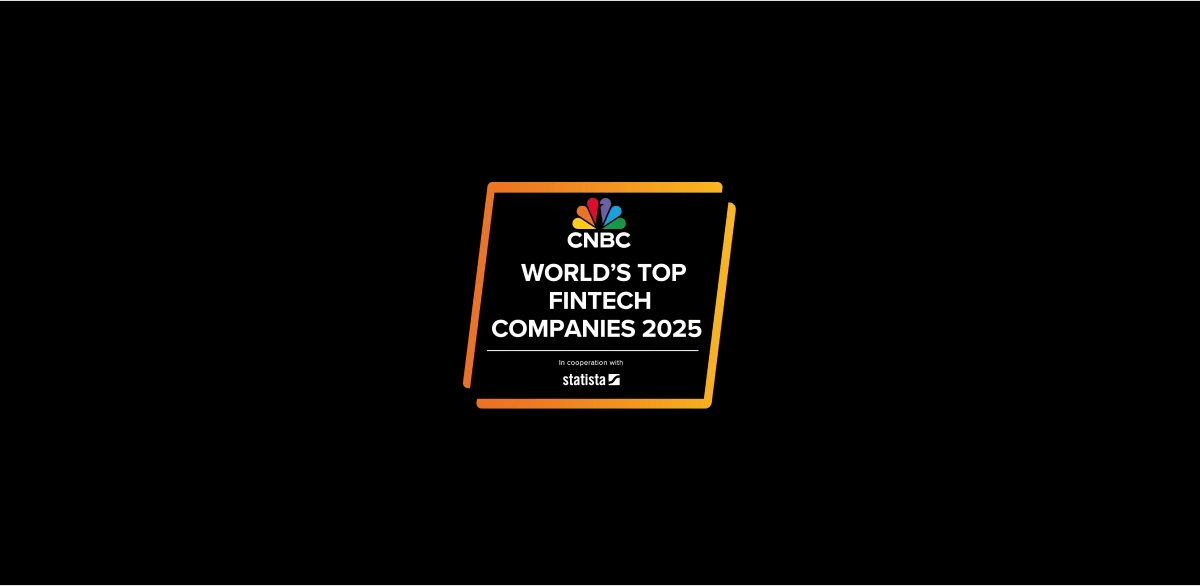
On July 16, 2025, CNBC and Statista named Veracity Insurance Solutions — Full Frame Insurance’s
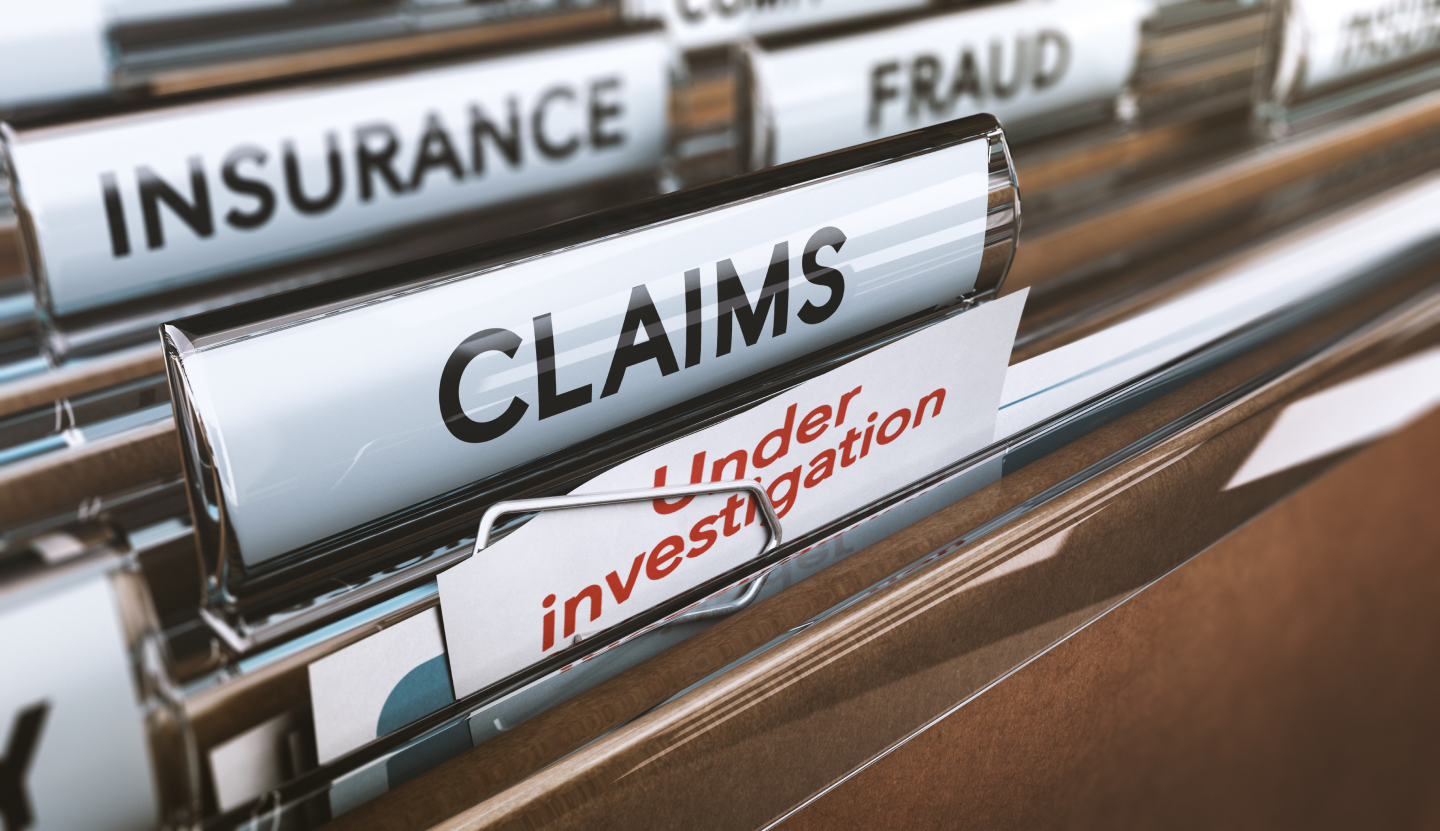
Question: What do all these things have in common? Fibbing about your car’s mileage on

Do you have an eye for architecture, detail, and composition? Do you get a thrill
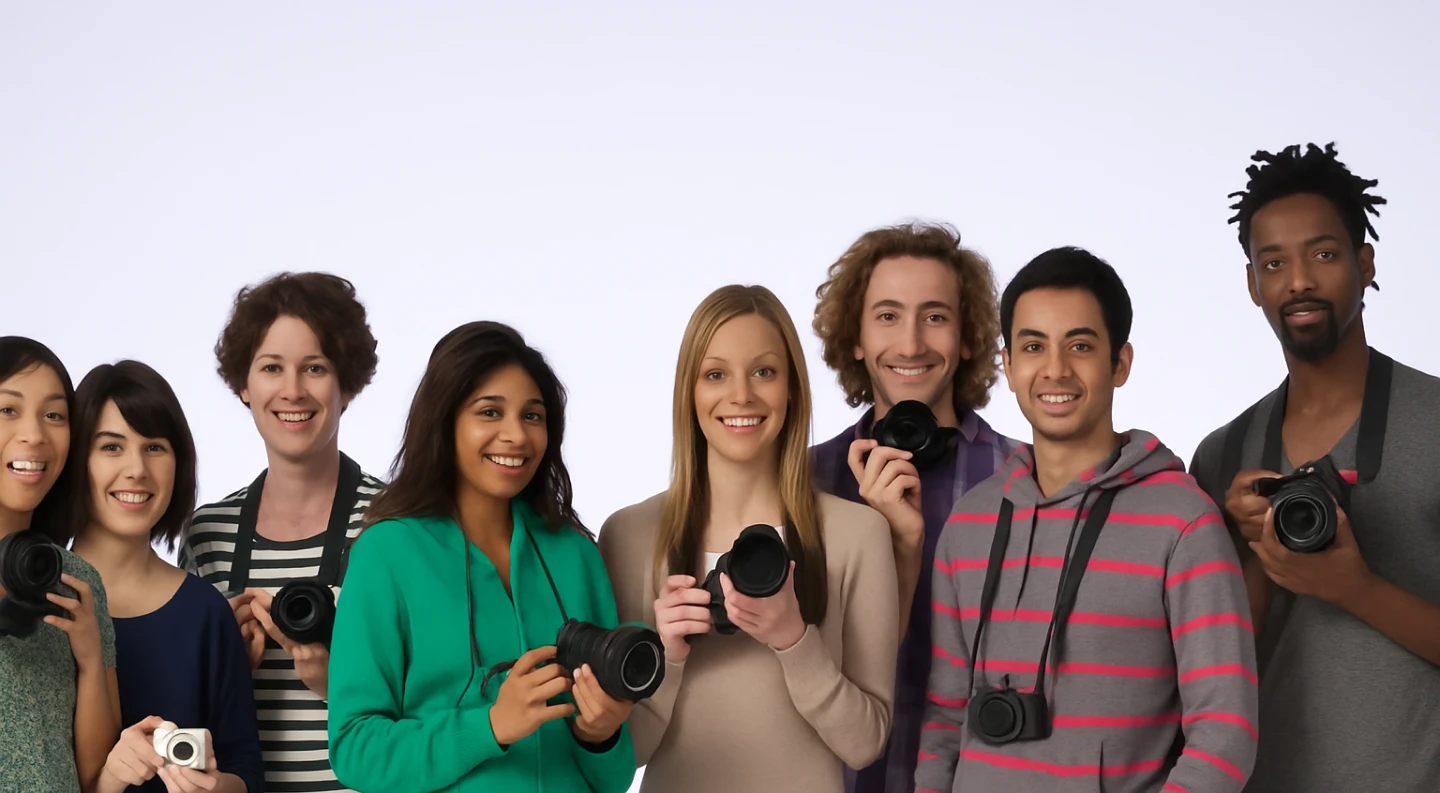
It can often be hard to find accurate answers for your photography questions. To help alleviate some stress, here’s a list of the top photographer associations.
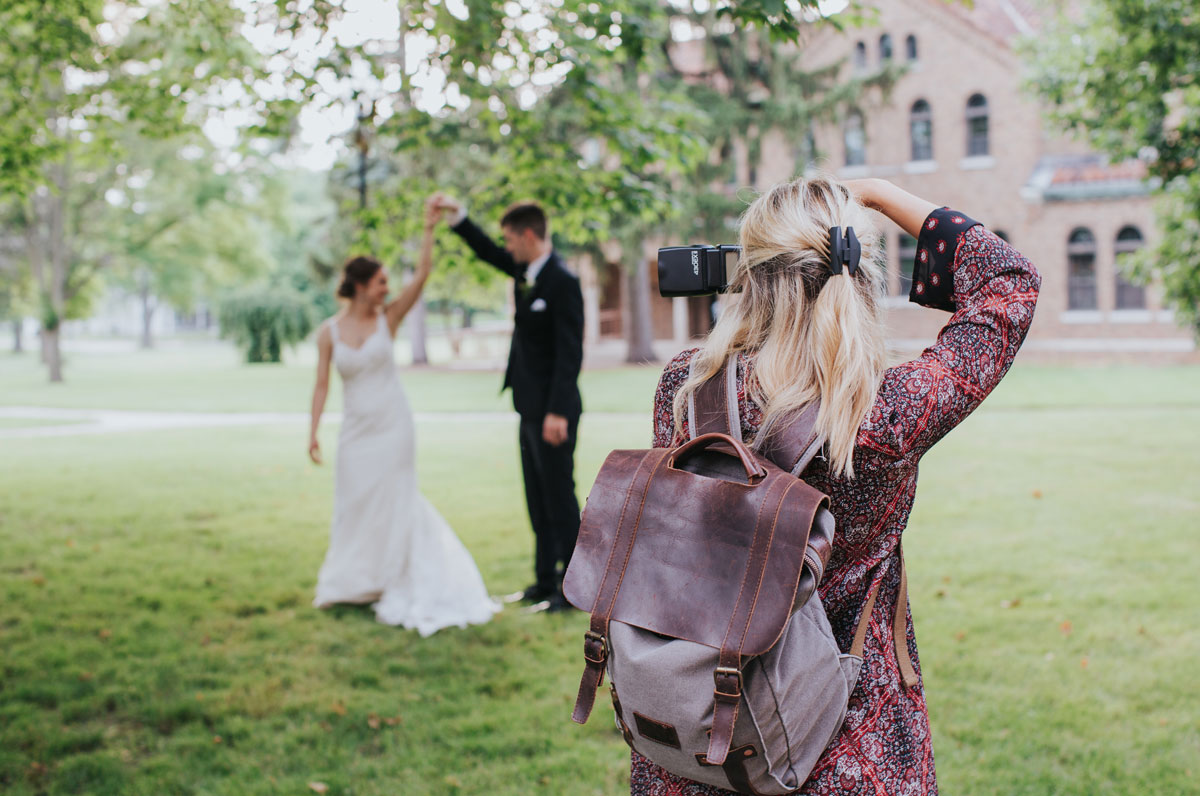
Weddings – we love weddings! Full of love and laughter! And for you, the wedding

Weddings – we love weddings! Full of love and laughter! And for you, the wedding

Getting paid for what you love should feel exciting. Yet for many videographers, the hardest part is finding paying clients. If you’re wondering how to

Did you know there are more than 43,000 freelance videographers in the United States? That’s a lot of competition for your growing business. But here’s

With so many cameras, lenses, and accessories on the market, it’s tough to know where to start. Whether you’re fresh out of school or ready

On July 16, 2025, CNBC and Statista named Veracity Insurance Solutions — Full Frame Insurance’s (FFI’s) parent company — one of the World’s Top Fintech

Question: What do all these things have in common? Fibbing about your car’s mileage on an auto insurance application Altering a receipt to change the

Do you have an eye for architecture, detail, and composition? Do you get a thrill from framing the perfect wide-angle shot? A career in real

It can often be hard to find accurate answers for your photography questions. To help alleviate some stress, here’s a list of the top photographer associations.

Weddings – we love weddings! Full of love and laughter! And for you, the wedding photographer, a lot of work. You have your hands full

Weddings – we love weddings! Full of love and laughter! And for you, the wedding photographer, a lot of work. You have your hands full
Cyber liability insurance protects your business from the costs you face because of a cybersecurity breach. Cybercrime is a common threat to businesses both big and small. If you collect or store business information online on a computer, tablet, or mobile device, we highly suggest including this additional protection in your policy.
Failure to deliver coverage — also known as professional liability or errors and omissions — protects your business from the cost of negligence claims. These can arise from professional mistakes, like giving bad instructions, memory card or equipment failures ruining your shoot, or a last-minute illness that means you can’t fulfill your contract.
When you add a person, event, or organization to your policy as an additional insured, they receive protection if they are named in a suit due to a covered business-related loss/claim because of your actions or operations.
Additional insured status cannot be granted to a friend or co-worker as an extension of your policy. Each individual must purchase their own policy to obtain liability coverage.
A written contract, such as a venue, studio rental, or employment contract is required to add another party as additional insured.
General liability is designed to protect your business from the cost of third-party bodily injury and property damage claims (like if a client trips over your gear at a shoot and injures themselves). It also protects against the cost of copyright infringement claims and personal and advertising injury claims.
This coverage can protect your business from the cost of claims arising from damages done to rented spaces, like a studio or event booth. It’s common for property owners and event organizers to require businesses to list them as additional insureds on a policy before renting a space. Full Frame provides unlimited additional insureds for just $30.
Also known as inland marine insurance, camera equipment coverage protects your business from the cost of repairing or replacing damaged or stolen business equipment. This includes camera bodies, lenses, lighting equipment, and business equipment. We offer multiple levels of equipment coverage based on your business needs.